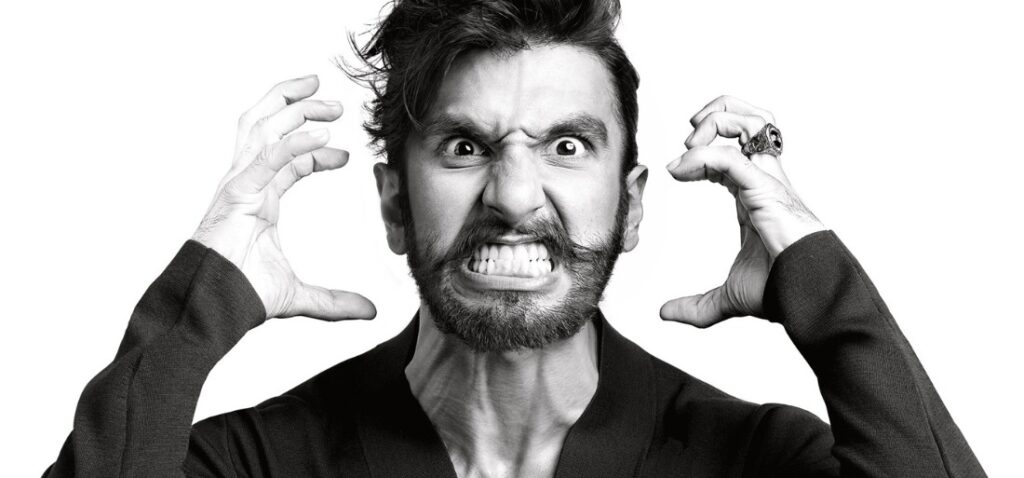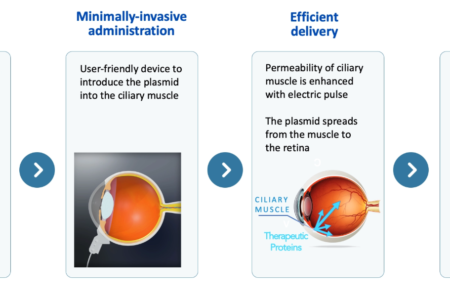La Cumbre Global de Bienestar (GWS) ha publicado su informe anual El futuro del bienestar, que pronostica lo que causará sensación en el diverso mundo del bienestar durante el próximo año.
Estas son las diez tendencias de bienestar para 2024
1. Bienestar adaptado al clima
Con un planeta cada vez más aplastado por el calor, el GWS predice que veremos un nuevo “bienestar adaptado al clima”: una ola de innovaciones que pueden enfriar nuestros cuerpos, hogares y ciudades.
El equipo prevé que esto tendrá un impacto de gran alcance en la arquitectura y el diseño, el spa, la moda, los wearables, la belleza e incluso los viajes de bienestar.
2. El poder de la peregrinación
Un número récord de rutas de peregrinación nuevas y revitalizadas en todo el mundo está atrayendo a las nuevas generaciones a experimentar la forma de viaje más antigua, lenta y espiritual.
Los complejos turísticos inteligentes ahora ofrecen programas de bienestar que incorporan viajes entre sitios sagrados, participación en servicios religiosos como meditar con monjes o dar limosna y brindar acceso a ceremonias que alguna vez fueron alcanzables solo después de años de experiencia en el camino hacia la iluminación.
3. De “super dotado” a abierto
El bienestar ha brindado durante mucho tiempo un espacio para que las mujeres se abran, exploren sus emociones y construyan una comunidad, pero no se puede decir lo mismo de los hombres. El GWS dice que finalmente se está produciendo un cambio cultural: un aumento en las ofertas de bienestar social y emocional para hombres para ayudarlos a conectarse consigo mismos y entre sí, desde retiros exclusivos hasta aplicaciones.
En esta tendencia, el GWS explora cómo estas formas “más suaves” de bienestar servirán como un catalizador muy necesario para la conexión masculina. De cara al futuro, anticipa que las ofertas de bienestar social y emocional para los hombres serán más matizadas, distribuidas de manera más uniforme en todas las etapas de la vida y más globales.

4. El auge del bienestar posparto
Después del parto (que puede traer importantes problemas físicos y mentales), los nuevos padres suelen encontrarse en un “desierto” de atención. Afortunadamente, el GWS dice que ha llegado una nueva era de atención posparto más integral, y que está tomando muchas direcciones.
Ante el aumento de las tasas de depresión posparto en todo el mundo, los gobiernos y las corporaciones están tomando medidas, mientras que nuevas aplicaciones abordan la salud mental de los nuevos padres (como Mavida Health, que ofrece una gama completa de terapias y asesoramiento). El mercado de bienes de consumo para el bienestar también se ha disparado con opciones, desde cuidado de la piel posparto hasta suplementos, mientras que las marcas también están desestigmatizando el bienestar sexual posparto.
5. La longevidad a toda costa
El GWS dice que la velocidad a la que la longevidad se ha apoderado de los espacios de la biotecnología, la salud y el bienestar este último año es asombrosa. Calificada como un nuevo pilar de la industria, la obsesión por la longevidad y la salud seguirá impactando todo, desde los viajes hasta la tecnología y el fitness, en 2024.
Por ejemplo, cada vez más gimnasios de alto nivel (como Saint Haven en Melbourne) se están convirtiendo en verdaderas clínicas de longevidad, que ofrecen ejercicios (pruebas de diagnóstico preventivas, exploraciones, etc.) junto con sus entrenamientos. Si los centros turísticos de bienestar han tenido más que ver con el “alma” que con escáneres y células madre, ahora un número creciente se está convirtiendo en destinos de longevidad altamente médicos.
6. El poder de los medicamentos para bajar de peso
La industria del bienestar se vio sacudida con la llegada de los nuevos y extremadamente eficaces medicamentos para bajar de peso inhibidores del GLP-1 de las grandes farmacéuticas, Ozempics y Mounjaros. Cambiaron radicalmente los enfoques tradicionales de cambio de comportamiento para la pérdida de peso, reformulando la pérdida de peso como una cuestión de biología en lugar de psicología y «fuerza de voluntad».
En el futuro, el GWS predice que el mundo del bienestar ofrecerá enfoques de pérdida de peso más integrales y saludables, al tiempo que creará programas de “complementos de bienestar” para los consumidores de drogas. El futuro: métodos basados en evidencia que podrían ayudar a las personas a dejar estos medicamentos y que mejoren específicamente su salud mientras los toman.

7. Auge del turismo deportivo
Después de décadas de hacer fitness con sesiones solitarias en solitario en el gimnasio, cada vez más personas están adoptando deportes sociales y empoderadores, y más también quieren entrenar como atletas casi de élite. Los atletas de élite también quieren destinos hoteleros que apoyen completamente su bienestar y entrenamiento. Los destinos hoteleros finalmente están respondiendo al llamado de los “deportes” con todo, desde entrenadores profesionales hasta instalaciones de nivel profesional.
8. El hogar como centro de salud de alta tecnología
Las casas centradas en el bienestar han sido una megatendencia durante años, con un gran enfoque en comodidades como salas de meditación y piscinas frías.
Ahora los hogares, e incluso las ciudades, se están convirtiendo en centros de salud multifacéticos y de alta tecnología. El cambio no tiene precedentes e involucra de todo, desde el aumento de los sistemas de monitoreo de la salud en el hogar de grado médico hasta muebles inteligentes que se ajustan en tiempo real a las necesidades de bienestar individual. En una era pospandémica marcada por un mayor tiempo pasado en casa, la salud en el hogar está tomando nuevas direcciones audaces.
9. Un nuevo arte multisensorial e inmersivo para el bienestar
Si experimentar el arte siempre ha sido una experiencia pasiva, una nueva ola de experiencias en museos, complejos turísticos y espacios públicos, impulsadas por tecnologías como la IA generativa y el sonido espacial, están convirtiendo el arte en una experiencia inmersiva profundamente multisensorial, diseñada expresamente para estimular tu mente. bienestar.
Museos, hoteles y spas incorporan cada vez más experiencias artísticas multisensoriales a su oferta y, al hacerlo, priorizan el bienestar como oferta integrada. El arte multisensorial e inmersivo también se está generalizando increíblemente en los lugares públicos.
En el futuro, a medida que se generalice la adopción de tecnologías portátiles, las obras de arte generativas serán aún más hiperpersonalizadas, participativas y terapéuticamente efectivas, dice el GWS. El arte adaptativo seguirá arraigándose y superando los límites de lo que pueden significar la inmersión sensorial y el arte como bienestar.
10. Bajo el radar
La presidenta y directora ejecutiva de GWS, Susie Ellis, explora algunas tendencias “bajo el radar” que surgieron del reciente GWS en Miami.
Un tema clave fue que el mundo del bienestar trabajara más duro para desestigmatizar los problemas de salud mental y crear nuevas soluciones, dadas las crecientes tasas globales de malestar mental. El discurso de apertura de la legendaria gimnasta Simone Biles enmarcó este gran tema.
La necesidad de más soluciones de bienestar mental se filtró en todo el GWS. Amy McDonald, directora ejecutiva de Under a Tree Consultancy, argumentó que, dado que los adolescentes de todo el mundo luchan contra la salud mental, debemos reducir los límites de edad en los centros de bienestar y spas, para que puedan beneficiarse de tratamientos curativos basados en evidencia, y propiedades como el Zulal Wellness Resort de Qatar tienen ya está a la altura de las circunstancias.
Otro mega tema: los gobiernos adoptan políticas de bienestar más innovadoras y poderosas. Se debatió el “PIB no”, y cada vez más gobiernos van más allá de las métricas centradas en el dinero –en favor de la calidad de vida– para medir el bienestar nacional.
La oradora principal Sophie Howe, la primera comisionada de Gales para las generaciones futuras, explicó el papel crucial que deben desempeñar las políticas en la protección de las vidas y la salud de quienes nacerán dentro de 50 años.








